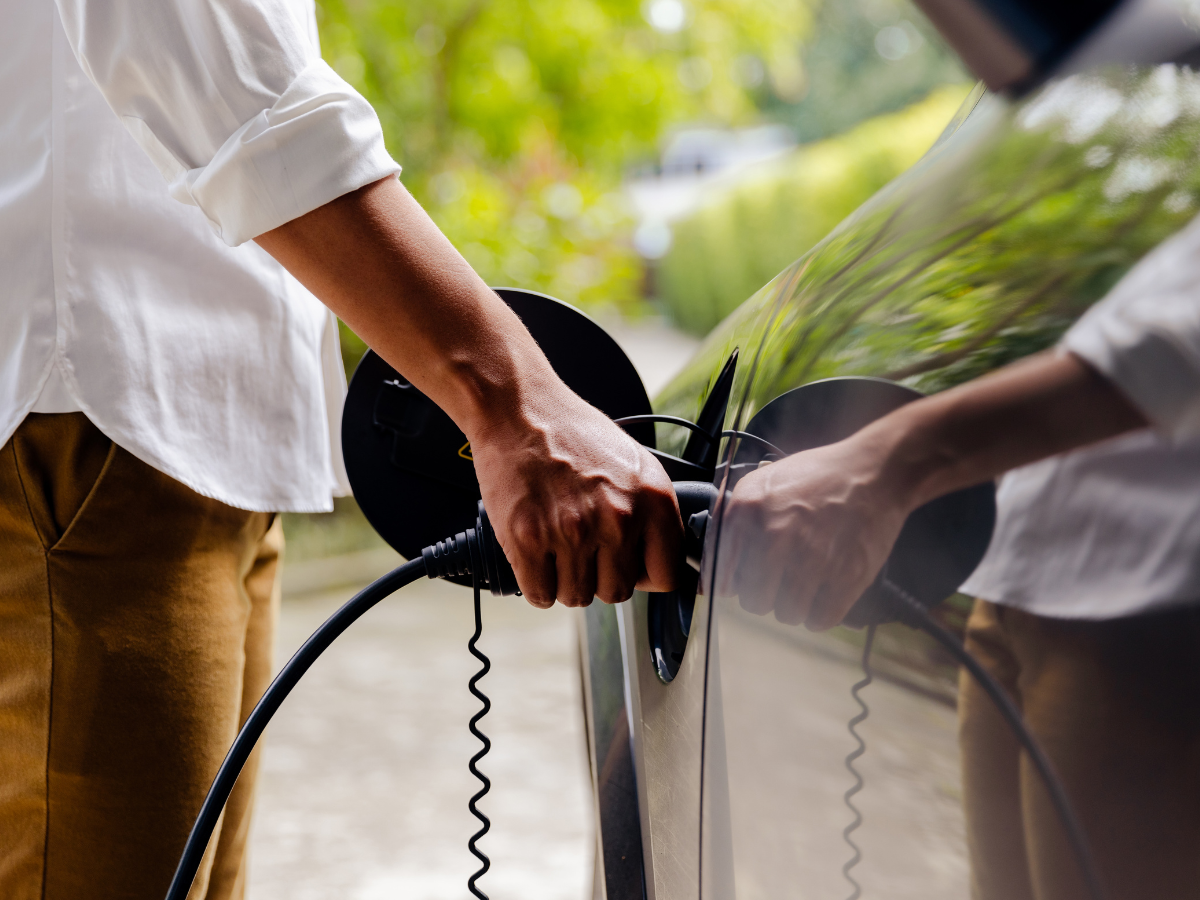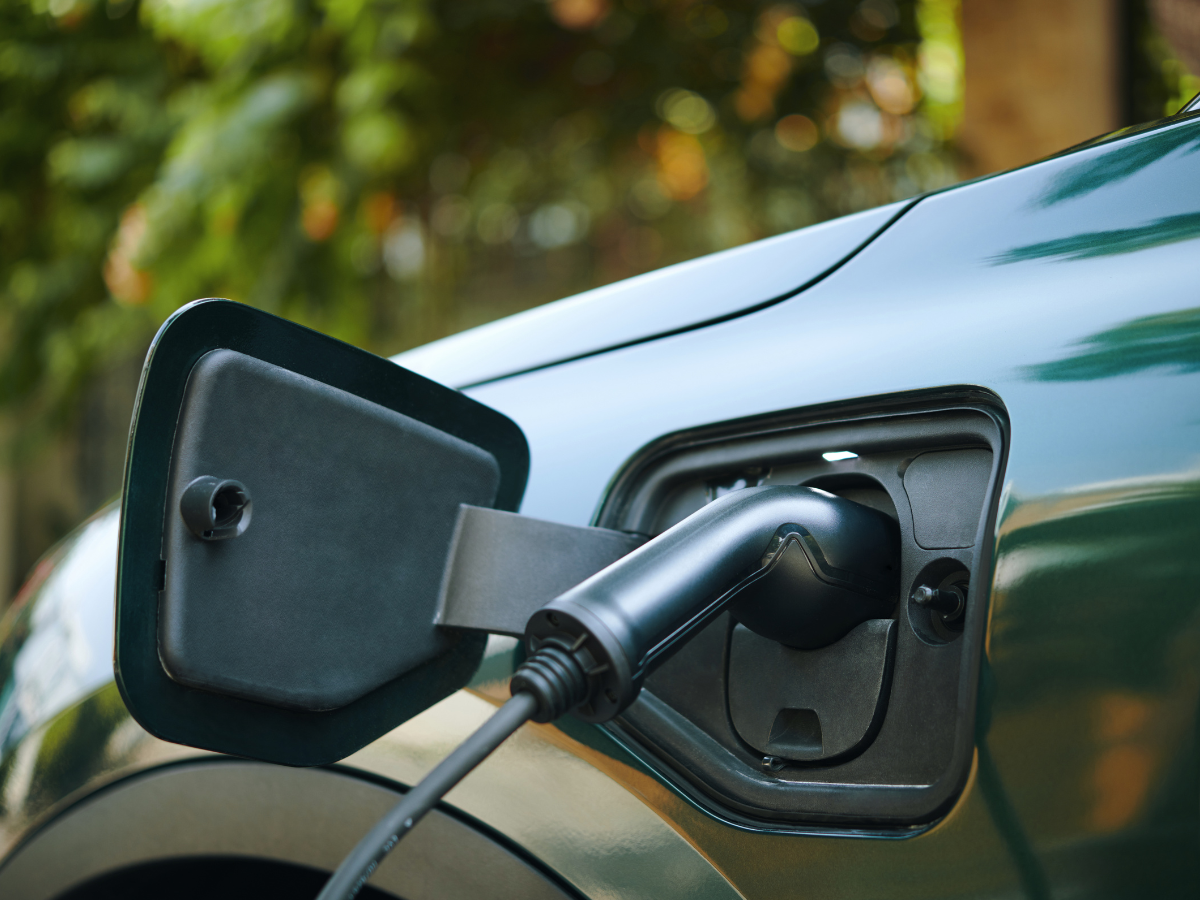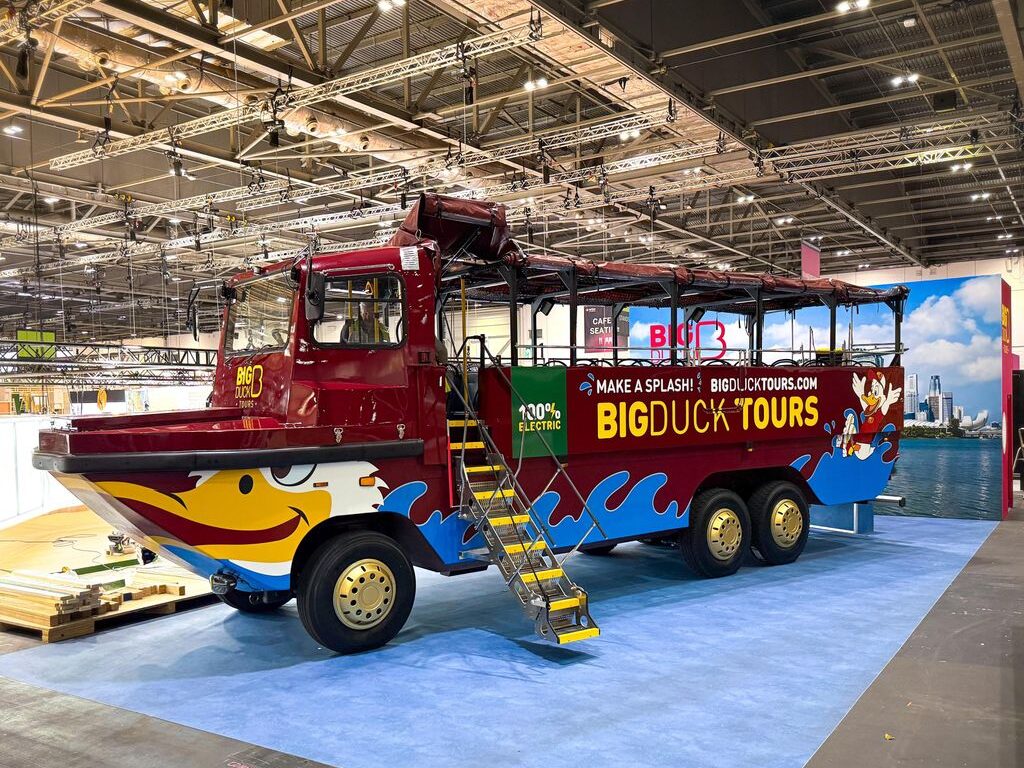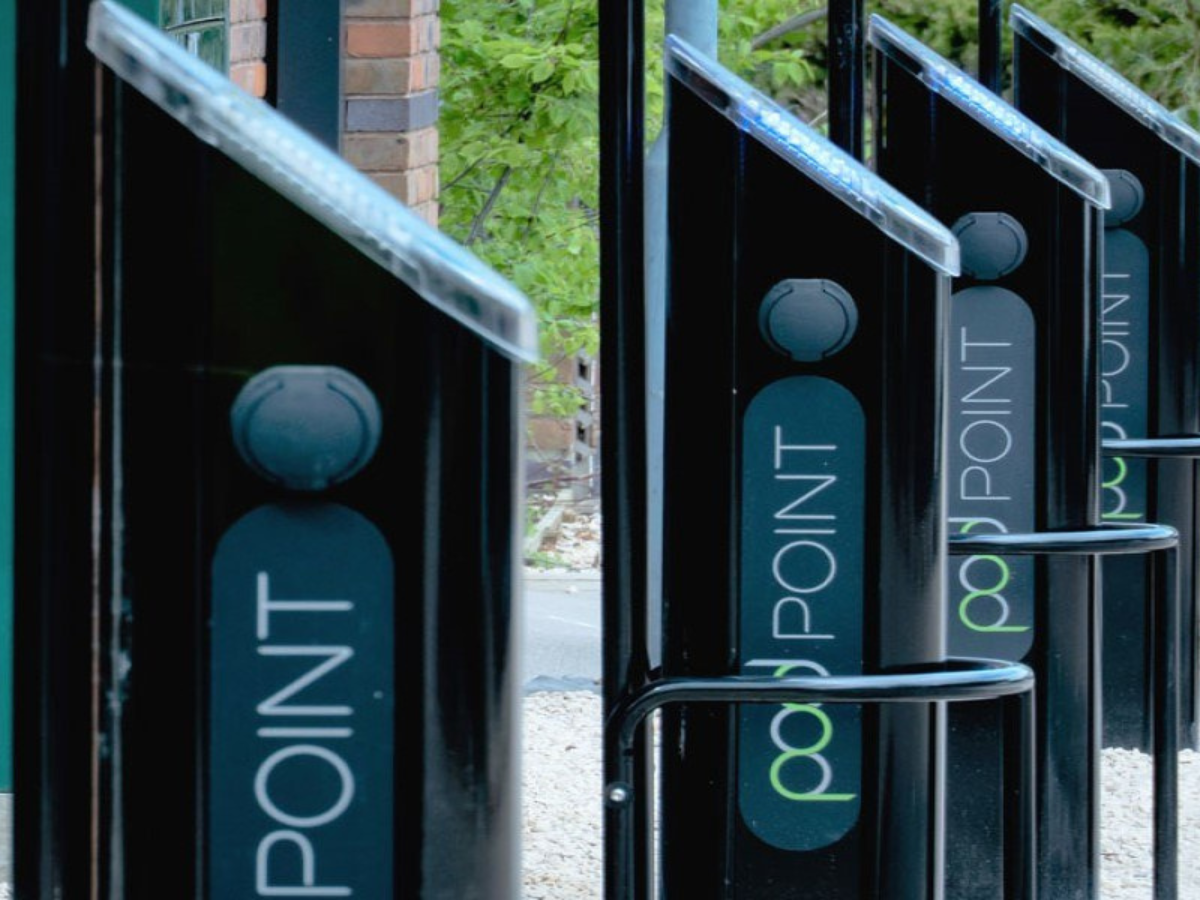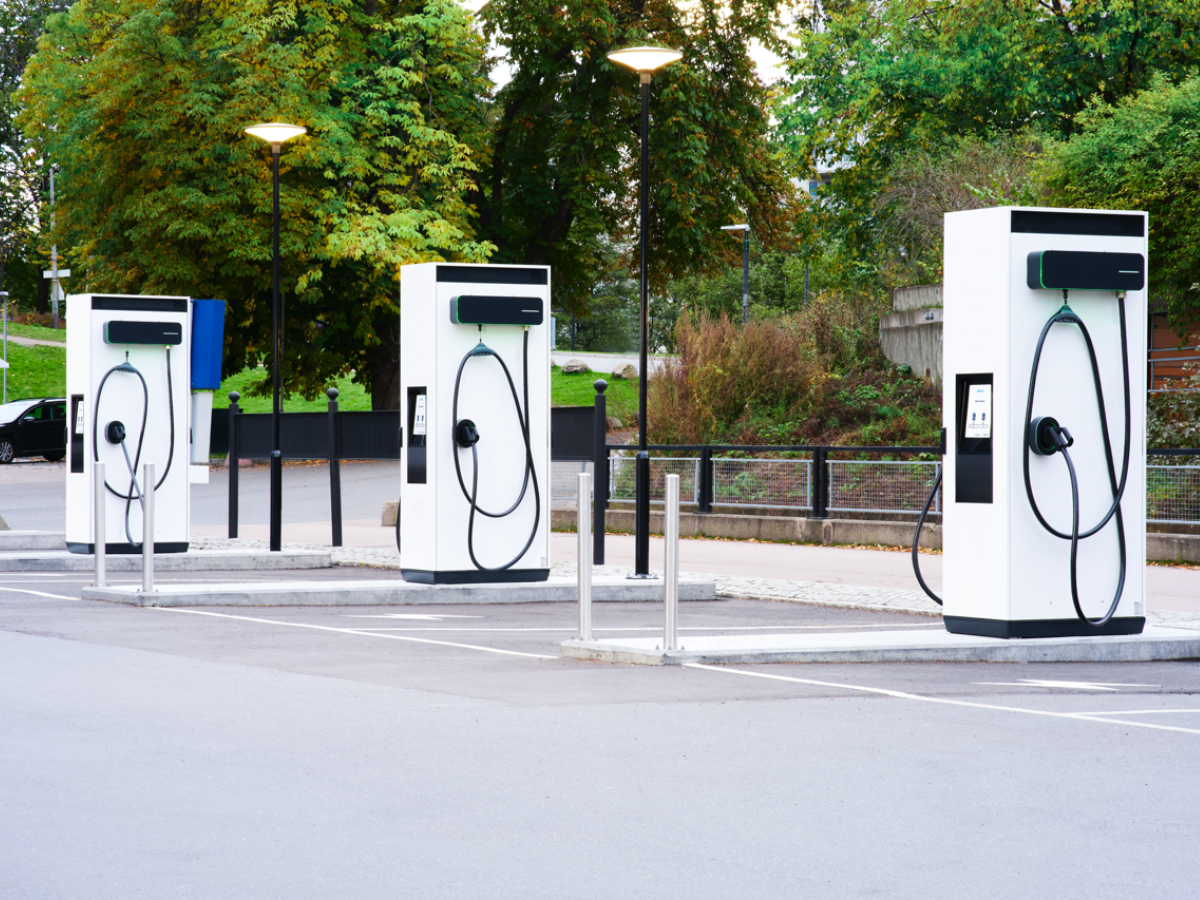Redwood has announced that it will construct a Battery Materials Campus in the US ‘Battery Belt’ near Charleston, South Carolina.
Redwood recycles, refines and remanufactures materials from end-of-life batteries and breaks them down into basic metals such as nickel, copper, cobalt and lithium. These materials are then reused for cathode and anode products, which are the most expensive components of an electric vehicle (EV).
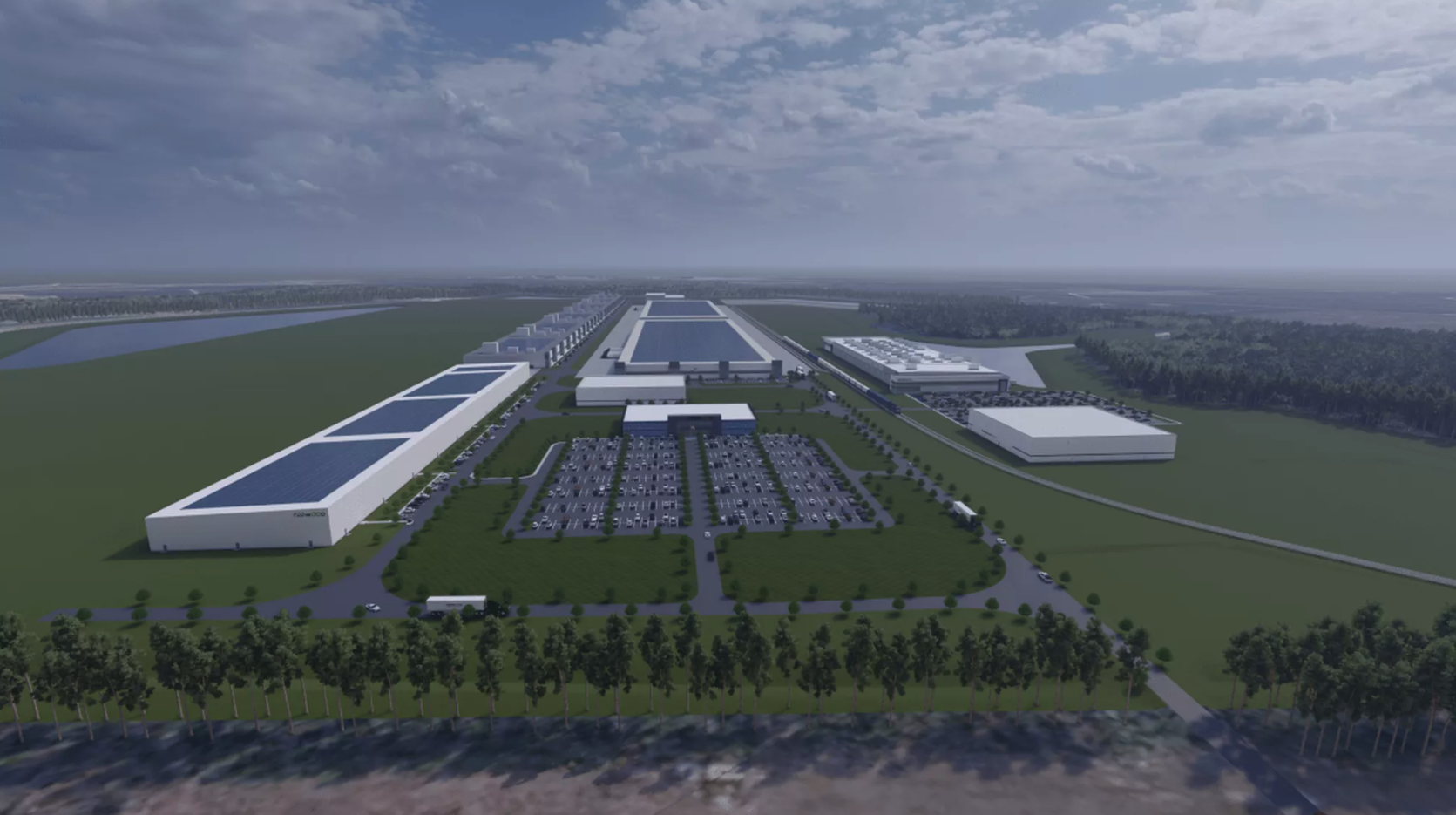
Localising the production of these critical battery components and ensuring materials are recycled will help drive down costs, emissions and geopolitical risks while meeting the nation’s electrification demands. Redwood therefore hopes to overcome the supply chain risks associated with rare earth metals, which is a potential barrier to the rollout of EVs.
As anode and cathode components are currently not produced in North America, battery cell manufacturers have to source them via a global supply chain, resulting in costs of more than 150 billion USD overseas by 2030.
Redwood consequently plans to build a Battery Materials Campus in the manufacturing corridor from Michigan to Georgia, which is becoming known as America’s ‘Battery Belt’.
This campus will produce 100GWh of cathode and anode components per year to power more than one million EVs.
The company plans to break ground on the campus in Q1 of 2023 and will have the first recycling process operational by the end of next year. These operations will be 100% electric and will not use fossil fuels.



